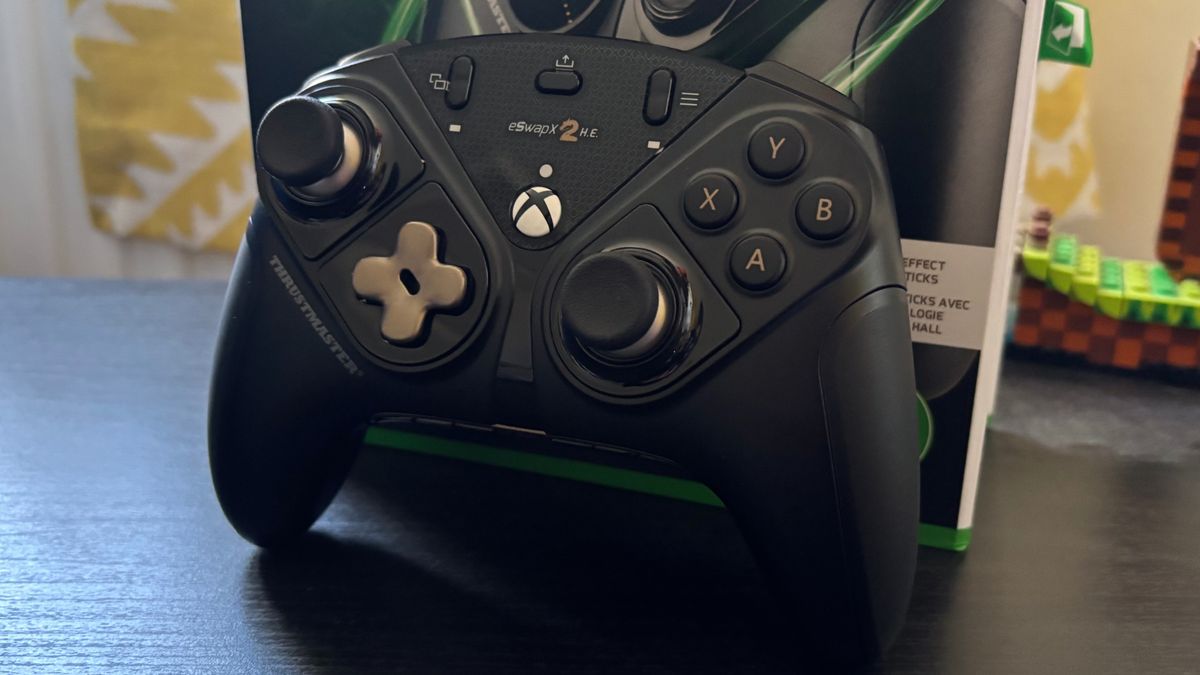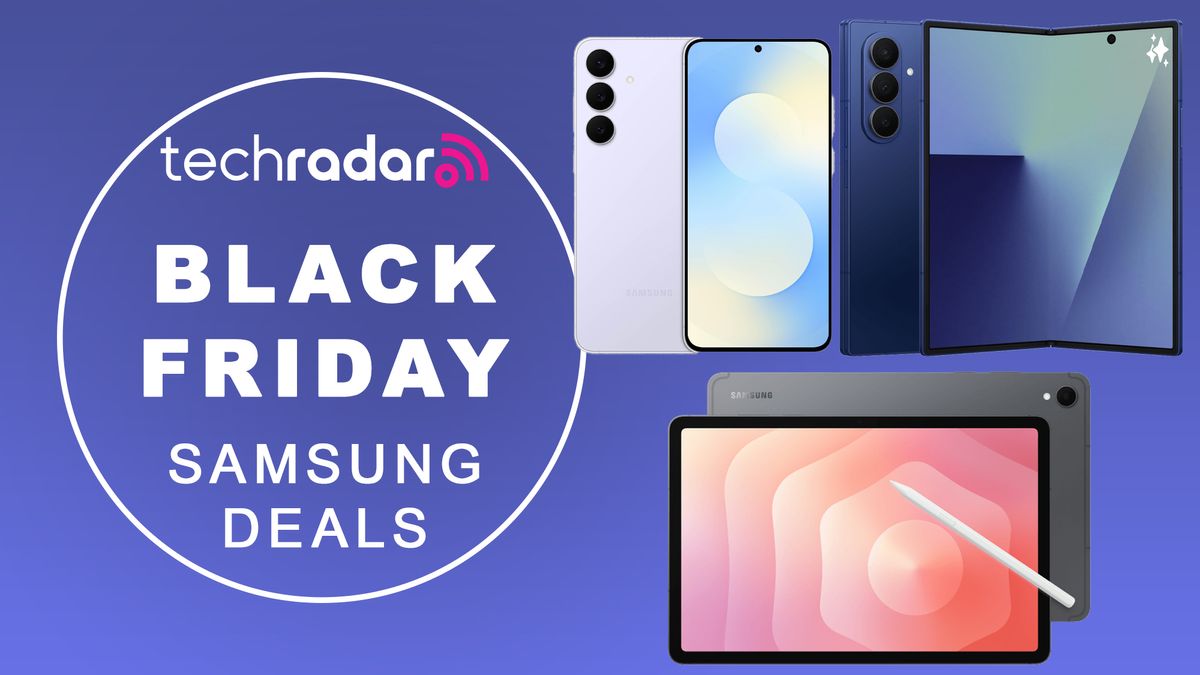"Meta is a proud American success story, and we look forward to continuing to innovate and serve the people and businesses who love our services," Meta's spokesperson said.
Experts aren’t so sure Meta has clinched it
Boasberg has said that the key question he must answer is whether the FTC's market definition is too narrow.
Arguing against the market definition, Meta has said that connecting friends and family isn't even Meta apps' "core use" anymore, as an evolving competitive social media landscape has forced Meta to turn its newsfeeds into discovery engines to rival TikTok. Justin Teresi, an antitrust analyst, told Bloomberg that because the FTC failed to show that users primarily come to Meta apps to connect with friends and family, it may have strengthened Meta's case.
Rebecca Allensworth, a Vanderbilt law professor and antitrust expert, told Bloomberg that the "FTC’s narrowly defined market was always the weakest part of its case," but the government "has done a nice job of minimizing that weakness" by showing that apps that don't connect friends and family aren't adequate substitutes for Meta's apps.
"This was evident when Meta saw spikes in usage on holidays," Allensworth suggested, which is perhaps "a sign people were turning to its products to connect with loved ones."
Teresi thinks Meta has a 60 percent shot at winning the trial, although he criticized Meta's seeming defense that any company competing for online ad dollars competes with Meta. That argument may have broadened the market definition too much, he suggested.
"If you’re saying that the relevant market here is competing for advertising dollars, then you could throw anything in there," Teresi said. "You could throw TV in there, you could throw print in there if you wanted to, and there’s really no end to that concept."
Allensworth was less confident in Meta's chances, telling Bloomberg, "I really actually think this could go either way."









 English (US) ·
English (US) ·